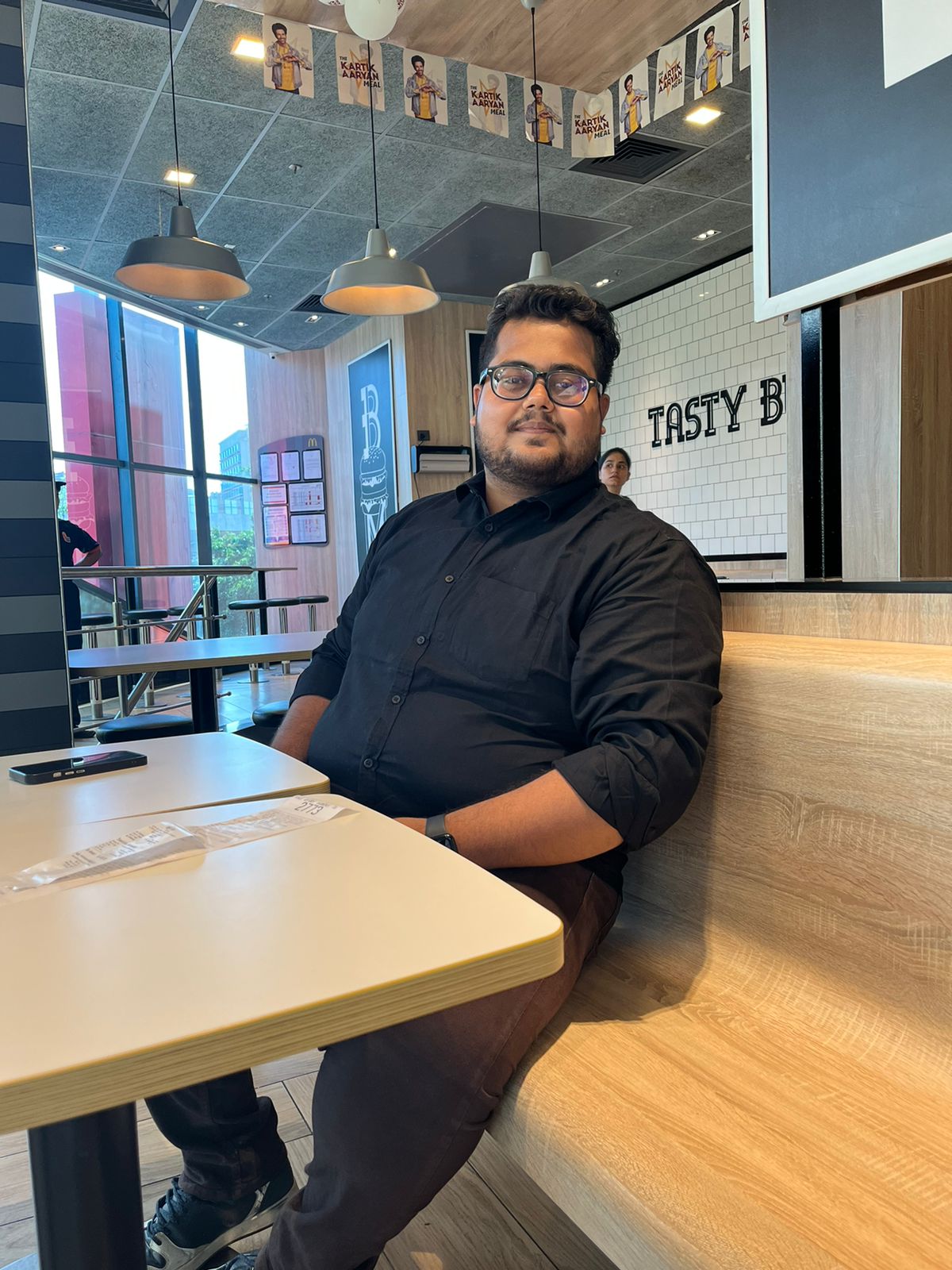Meesho Open Campus Recruitment 2025: My Interview Journey & Key Learnings
 Animesh Kumar
Animesh KumarTable of contents
- ⚡ Hackathon Round (Online Assessment)
- Problem 1: Arrays and Queries
- Problem 2: Node Queries in a Tree
- Problem 3: Maximum Profit from Binary Strings
- 🔍 Subsequent Interview Rounds
- Round 1: Problem Solving (30 mins)
- Round 2: Machine Coding (60 mins)
- Problem (As I Remember It): Doctor Appointment Booking System
Landing a role at Meesho – one of India’s fastest-growing e-commerce platforms – is a dream for many. I recently participated in their 2025 Open Campus Recruitment and documented my journey to help future aspirants. Here’s a detailed breakdown of the process, including the exact problems I solved!
⚡ Hackathon Round (Online Assessment)
Stats: 158,624 candidates registered!
Duration: 90 minutes
Result: I advanced by solving all three problems.
Disclaimer: These problems are recalled from memory after the round. The exact wording may differ, but the core logic and challenges remain the same.
Problem 1: Arrays and Queries
Task:
You’re given an array A and need to handle up to 10^6 queries of two types:
Update: Set
A[L] = XSearch: In a range
[L, R], find the first indexPwhereA[P] ≤ X. ReturnP(1-based), or-1if none exists.
Problem 2: Node Queries in a Tree
Task:
Given a rooted tree (root = 1), handle two types of queries efficiently:
Type 1 (X Y): Add
Yto all nodes in the subtree rooted atXType 2 (X Y): Add
Yto all nodes not in the subtree rooted atX
Problem 3: Maximum Profit from Binary Strings
Task:
Given two binary strings S and Q of length N, select non-empty substrings S' and Q' of equal length, compute:
iniCopyEditX = S' ⊕ Q' (bitwise XOR)
Profit = (length(X) // 2) * decimal(X)
Goal: Maximize the profit.
🔍 Subsequent Interview Rounds
After clearing the hackathon, I received invites for virtual interviews via Google Meet:
Round 1: Problem Solving (30 mins)
Competencies Tested: DSA, Complexity Analysis
Problem: Unique Product ID Filtering
Task: Remove all duplicate IDs from a sorted linked list.
Optimized Solution: Single-pass traversal with dummy nodes.
python
Example:
Input: [1,1,1,2,3] → Output: [2,3]
Input: [1,2,3,3,4,4,5] → Output: [1,2,5]
Round 2: Machine Coding (60 mins)
The Turning Point: My First LLD Experience
After successfully clearing the hackathon and DSA rounds, I faced the Machine Coding (LLD) round - my first-ever low-level design interview. While I implemented core functionality for the doctor booking system and passed sample test cases, I didn't receive further communication. This indicated I didn't meet Meesho's bar for clean, extensible OOP design - a crucial lesson for future attempts.
Problem (As I Remember It): Doctor Appointment Booking System
To build a console-based system with the following functionalities:
Register Doctor with availability slots
Register Patient with a unique name
Book Appointment: A patient can book one slot at a time with a doctor
Cancel Appointment using booking ID
Show Available Slots for a specialization
Where I Likely Fell Short in LLD Round
Structural Rigidity
My solution likely had monolithic classes instead of decoupled components.Concurrency Gaps
Didn't fully handle race conditions during slot booking - critical for real-world systems.Extensibility Misses
Failed to design for future requirements (e.g., waitlists, doctor calendars) mentioned in the problem statement.SOLID Violations
Probably implemented "working code" rather than "maintainable code" with proper interfaces.
Key Statistics from My Journey
| Round | Pass Rate | My Status |
| Hackathon (OA) | ~5% | ✅ Solved all 3 |
| DSA Interview | ~20% of OA qualifiers | ✅ Optimized solution |
| LLD Round | ~10% of DSA qualifiers | ❌ Not selected |
Advice for Future Candidates
Practice LLD Early
Prioritize Extensibility
Always ask: "How would this handle [new requirement X]?" during design.Concurrency is Non-Negotiable
Mastersynchronized, locks, and thread safety patterns in your language.Learn from Rejections
My first LLD failure became my biggest growth opportunity - yours will too.
Though I didn't clear the final bar, the process taught me more than any course could. For those preparing: Start LLD practice today - it's a different skillset from DSA! Share your experiences below 👇
Subscribe to my newsletter
Read articles from Animesh Kumar directly inside your inbox. Subscribe to the newsletter, and don't miss out.
Written by

Animesh Kumar
Animesh Kumar
I’m a software developer who loves problem-solving, data structures, algorithms, and competitive coding. I’ve a keen interest in product development. I’m passionate about AI, ML, and Python. I love exploring new ideas and enjoy innovating with advanced tech. I am eager to learn and contribute effectively to teams.